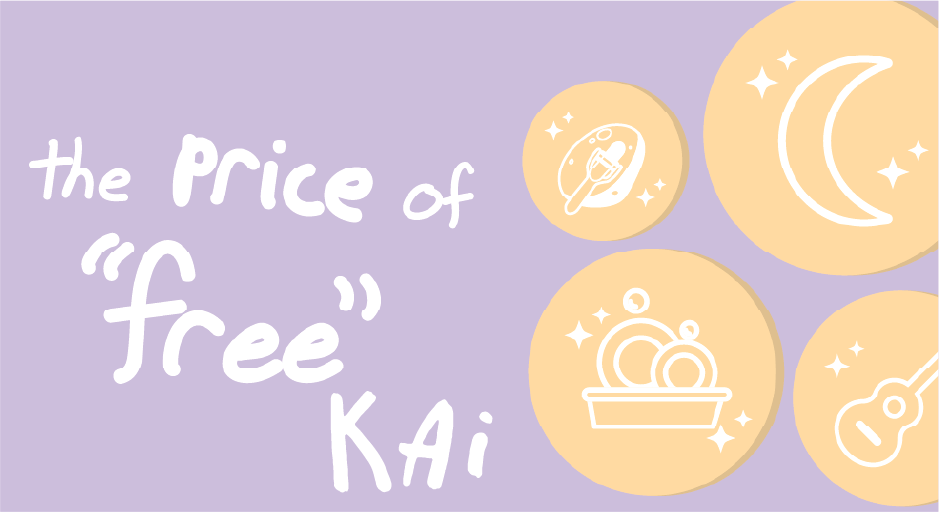
Written by Tawera Marsh
When we gather as whānau, as hapū, as iwi, there is always kai. It flows like aroha, endless plates being filled, cups being topped up, hands busy in the kitchen, voices laughing and calling out instructions. To feed people is to manaaki them. To provide kai is to say, “You are welcome, you are cared for, you belong here.” But sometimes, being the one always called on to prepare the kai comes with a cost that isn’t spoken about. “Free” kai is never really free. Someone paid for those trays of chicken, someone peeled those potatoes until their back ached, someone stayed up late scrubbing dishes while others went home to rest. The price isn’t just money; it’s time, energy, and often the quiet sacrifices of those who carry the responsibility without complaint. It doesn’t matter whether 400 people are arriving at the marae for a tangihanga or hui, or just 6 gathered for a kaupapa at home, every single person will leave with a plate, a full stomach, and the warmth of manaaki wrapping around them. That is the standard we hold ourselves to. Still, we carry on. Because manaaki is more than service; it’s legacy. We saw our aunties and nannies do it before us. They taught us that food is not just sustenance. It is aroha made visible. And so we show up, apron tied, tired but smiling, making sure no one leaves hungry. The real reflection lies in holding both truths at once: yes, it is hard. Yes, it takes its toll. And yet, we are always grateful to be able to host, to provide, to live our tikanga of generosity. Perhaps the challenge is to find balance and to share the load, to acknowledge the unseen labour, and to remember that manaaki is strongest when it is collective, not carried on the shoulders of only a few.